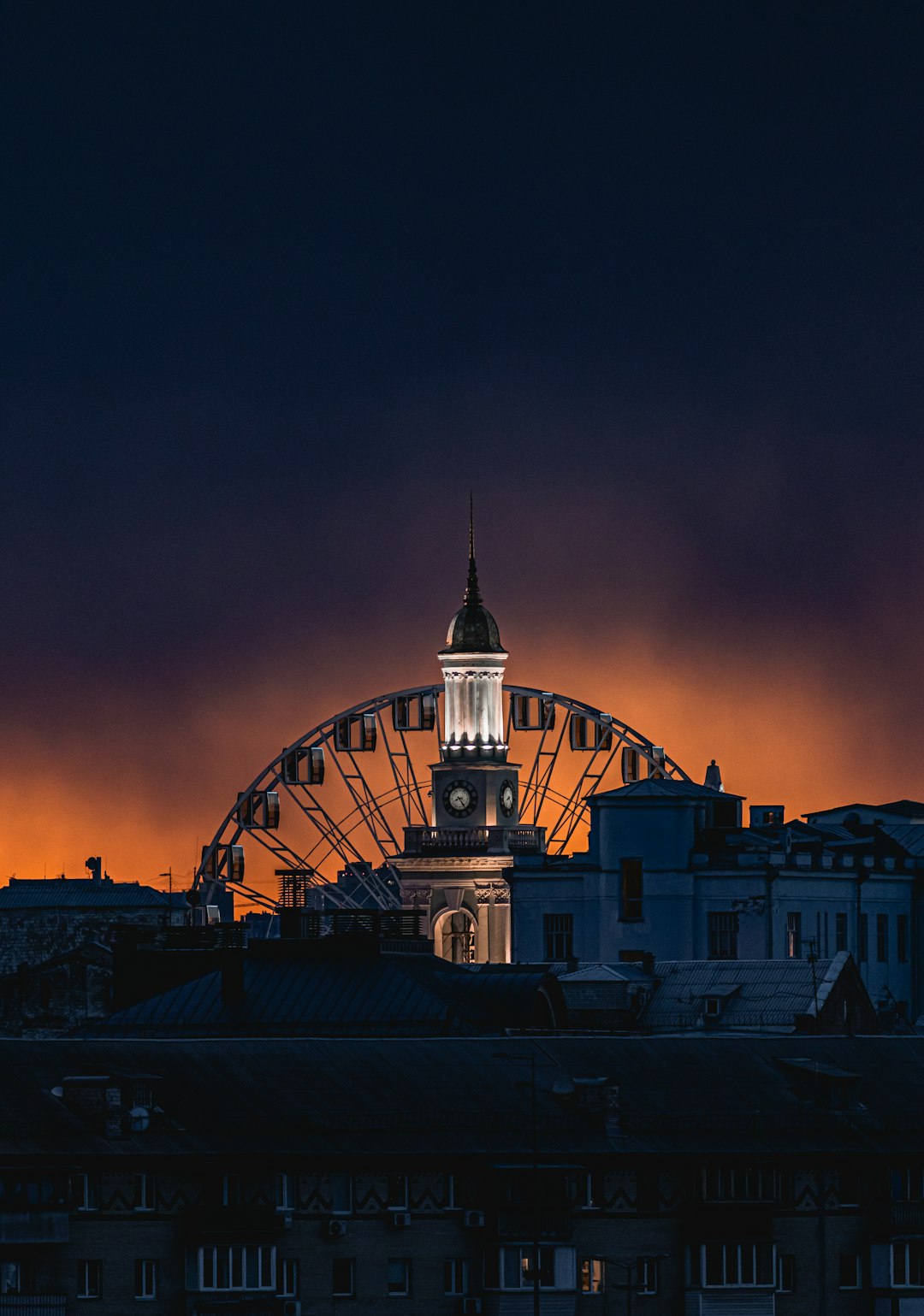As promised, I am posting each weekend two of my lectures from my open Yale class on Ukrainian history, with commentary and with a list of terms (the first two were posted last weekend). This is the lecture I gave immediately after returning from Kyiv, Chernhiv, and the Kyiv and Chernihiv regions in September 2022. I was under the impression of conversations in the capital and elsewhere with people who had lost their homes, with people active in civil society, and with the president. I try here to show how language and geography enable us to see historical possibilities, rather than pinning people down in certain identities or destinies. Like the other introductory lectures, this one is about history as such, but edges in to some of the ancient history of the lands that are now Ukraine and its connections to the more contemporary.
The lecture can be found on video here and as a podcast here or here.
The reading for this lecture was Rudnyts'kyi, "Ukraine between East and West" and Plokhy, Gates of Europe, chapter 1.
Terms used in this lecture:
v, na
Kyiv, Kiev
Rashysty, rashyzm, рашизм
Moscovia
Chernihiv
Bucha
Irpin
Hostomel
Batu Khan
Mriya
Wannsee
Vichy
ï
vse bude dobre, vse bude Ukraïna
Все буде добре,
Все буде Україна
3 March 2023




I did a quick and by no means thorough search for lecture survey courses currently offering at American universities and only found two others although neither covered the same span as Professor Snyders. I just finished watching all 23 lectures in the Yale series for the second time and almost feel ready to start my 1500 final exam essay. 😊
I have never learned much of anything about Ukraine even though I have a master degree in history. So was thrilled when to have the opportunity to take your course on YouTube. Thanks so much for offering it at this critical juncture in history.